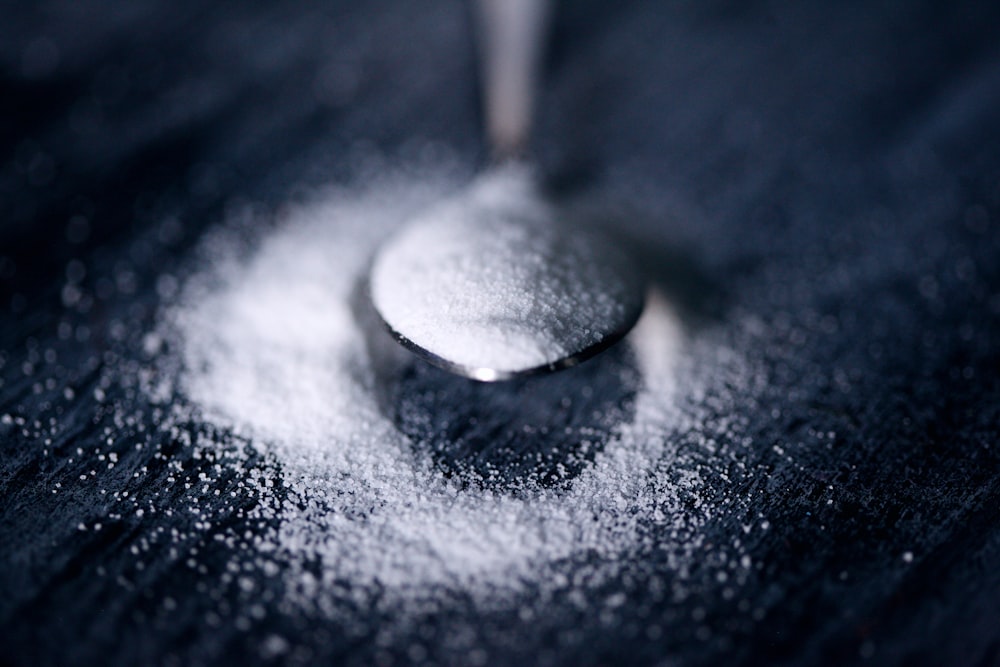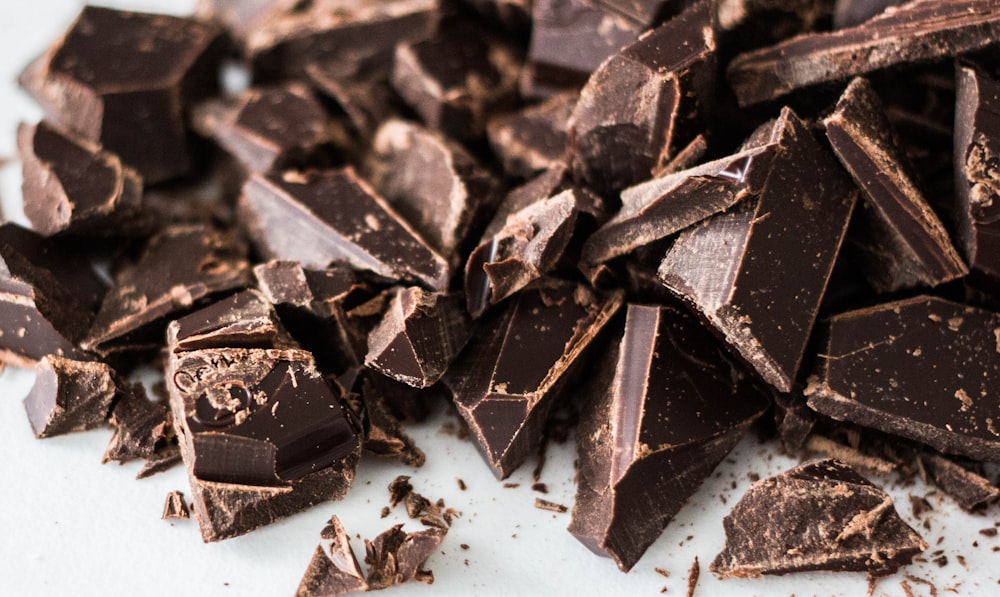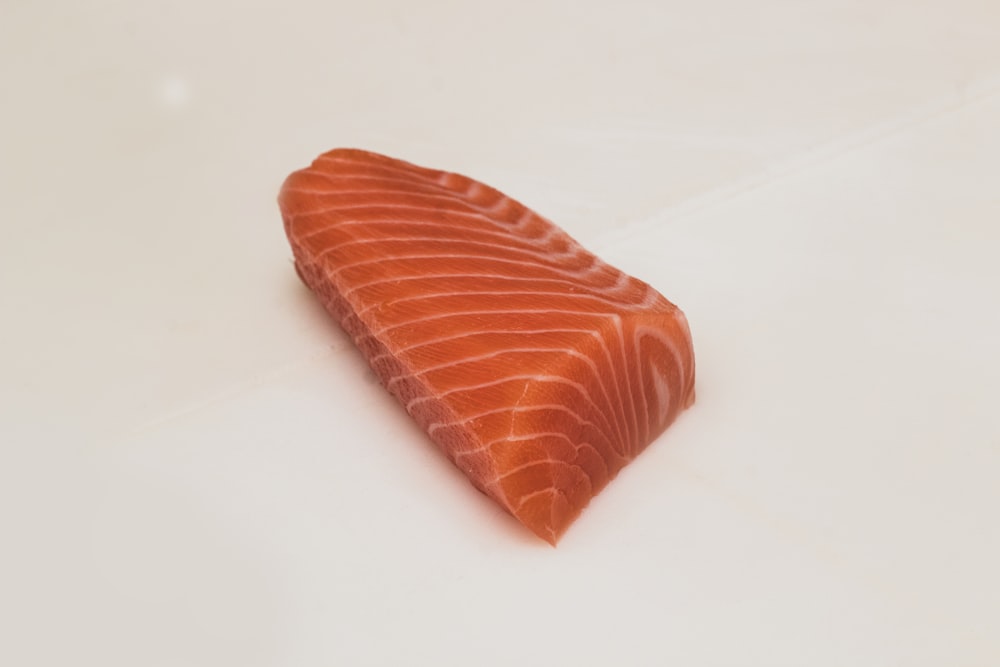What Diet is Best For The Environment?

As of late, we have all been more aware of our impact on the planet. Many of us, being trapped at home, have adapted our lifestyles and changed the way we do things.
Personally, I’ve adapted to quite a few sustainable alternatives to wasteful things I was doing previously. For example, I no longer use plastic tupperware or plastic single-use bags. I use glass food containers, reusable shopping bags and reusable silicone pouches. I try to avoid ordering takeout food to limit the amount of waste from takeaway containers.
I’ve also changed my diet to a much cleaner and healthier one. I recently wrote an article for Planet Home, entitled ‘Which Diet Trend is *Actually* Good For You?’.
To follow up that piece, I wanted to address which diet is best for the environment, since we are all so aware of and experimenting with diet trends right now.
Good Food Isn’t Always Good for the Planet
Did you know that 3 of the most popular food items that are horrible for the environment include:
Sugar
Sugar is the most harmful crop for the environment. Not only do sugar crops destroy the most biodiversity, but they require a lot of water and pesticides to thrive, which heavily increases their environmental impact.

Chocolate
Did you know that cacao trees are very complicated plants that can thrive in only very specific conditions? Not only do they take a lot of water and replace other less expensive and complicated plants, but the increased demand in the past few years has caused a skyrocket in prices. Additionally, the chocolate we all know and love undergoes a lot of artificial treatments, which increases the environmental impact.

Salmon
Salmon, among other seafood, is obtained in an incredibly unsustainable way. Due to salmon’s high popularity, it needs to be consumed in moderation because overconsuming can damage the marine ecosystem.

Agriculture, Your Diet, and the Environment
Speaking as someone living in the US and contributing to the our country’s statistics of food waste and usage, I was shocked to find out that the carbon footprint of the recommended US diet is higher than any of the other 6 countries analyzed in a recent study, which includes lower income countries. Although I was aware that compared to other countries, the US has a larger portion amount, I did not realize there was such a drastic of a difference in our environmental footprint. A major reason for our higher carbon footprint is the much higher recommended levels of protein for US diets. Unfortunately, the majority of our agricultural processes do more harm than good.
As one might assume, plant-based diets can be the most beneficial for the planet in terms of environmental impact. However, that only stands true when your plant-based items are sourced locally, made ethically and/or even grown at home. However, store bought plant-based substitutions can be a great improvement compared to their alternatives. For example, the carbon footprint of beyond burgers are 20 times smaller than beef burgers and they taste DELICIOUS.
All aspects of food production contribute to environmental impacts, but by and large, agriculture has had the worst impact. It is important to understand that switching to a more sustainable diet involves some research, as you want to ensure that the plant-based items you are substituting are actually creating less impact. I personally try to have at least 5 vegetarian and/or vegan meals a week and try to limit the number of meat products I purchase.

To answer the question proposed at the beginning of this article “What Diet is Best for the Environment?” a vegetarian or vegan diet are the best alternatives when it comes to your food related environmental impact. No matter your diet, doing your research, buying in bulk and buying locally sourced items are a great way to make sure that your diet isn’t especially negative towards the environment. Make sure to always check with your doctor if you aren’t sure what’s right for you.
I hope this article motivates you to look into where your food comes from and how you can improve your impact!


Leave a Reply